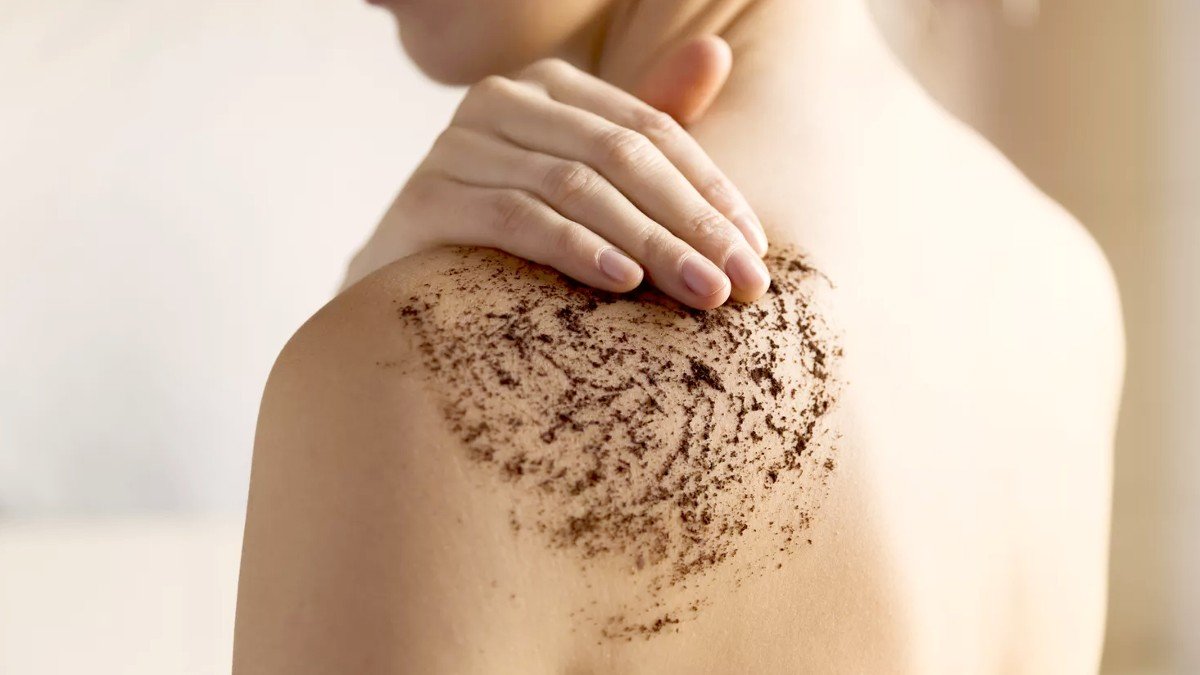Are Jojoba Beads Safe for the Environment?

In the wake of rising environmental concerns, the search for sustainable beauty products has never been more critical. Among various ingredients, jojoba beads, featured prominently in numerous cosmetics, are championed for their eco-friendly properties. They’re hailed as a responsible choice for the planet, compared to traditional exfoliants. However, are these biodegradable spheres as environmentally safe as they are touted to be?
As conscious consumers, we must scrutinize the environmental impact of our skincare ingredients. This article takes a deep dive into the world of jojoba beads, analyzing their sourcing, biodegradability, and overall eco-friendly credentials.
What are Jojoba Beads?
Jojoba beads are natural, eco-friendly exfoliants sourced from the seeds of the jojoba plant, Simmondsia Chinensis. This North American native plant produces oil that is processed into minuscule, spherical beads.
These beads are highly sought-after in the cosmetic industry due to their gentle, non-irritating exfoliation qualities, suitable for a wide range of skin types.
Their popularity stems from their unique ability to combine effective skin exfoliation with eco-conscious principles, leading to their incorporation in numerous skincare products, including facial scrubs, cleansers, and body washes.
How are Jojoba Beads Sourced?
Jojoba beads are obtained from the jojoba plant, specifically its seeds. This desert shrub is indigenous to North America and thrives with minimal water, making its cultivation environmentally friendly. The sourcing process starts with the cold-pressing of the seeds to extract jojoba oil.
This oil, which is actually a liquid wax, is then subjected to hydrogenation, a process that solidifies it. Following this, the solidified wax is mechanically ground into tiny, smooth, and uniform beads.
Importantly, this entire process does not necessitate the use of harsh chemicals or solvents, and generates minimal waste, aligning with the sustainability ethos of jojoba beads.
Are Jojoba Beads Safe for the Environment?
Jojoba beads have been celebrated as an environmentally safe alternative to traditional, often harmful, exfoliants. They differ from synthetic microbeads, which are petroleum-based and known to pollute water bodies, causing significant harm to marine life. Jojoba, on the other hand, originate from a renewable resource, the jojoba plant. This natural derivation makes them a sustainable option in the world of cosmetics.
Yet, it’s vital to acknowledge that the environmental safety of these beads can be influenced by cultivation and processing methods. While the jojoba plant grows with minimal water and pesticides, different suppliers might have varying farming practices.
Therefore, while inherently safer for the environment, the total ecological footprint of jojoba beads can depend on responsible sourcing and production practices. Nonetheless, compared to many other exfoliants, jojoba beads stand out for their lower environmental impact.
Are Jojoba Beads Biodegradable?
Yes, they are definitely biodegradable. Their organic origin, derived directly from the jojoba plant, allows them to decompose naturally over time.
Unlike synthetic microbeads, which are non-biodegradable and persist in our ecosystems, leading to significant pollution, jojoba beads are broken down by microorganisms and other natural environmental factors. This biodegradability is a crucial aspect of their environmental safety profile, as they do not contribute to the long-term accumulation of solid waste in water bodies or on land.
Consequently, their use in cosmetic products does not result in lasting environmental harm, making them a responsible choice for consumers seeking to reduce their ecological footprint. So, from a biodegradability perspective, beads certainly align with sustainable skincare objectives.
Are Jojoba Beads Eco-friendly?
Generally speaking, jojoba beads are considered eco-friendly. They are derived from a plant source that thrives in harsh conditions, requiring little water and minimal, if any, pesticide use. This resilience minimizes the environmental impact of the cultivation process. Moreover, the processing of beads doesn’t involve harmful chemicals, nor does it generate significant waste.
Also, as biodegradable materials, they don’t lead to persistent pollution. However, it’s worth noting that eco-friendliness extends beyond the product itself. Factors such as the energy consumed during processing, transportation, packaging materials used, and how waste from the manufacturing process is managed all play a part in determining overall eco-friendliness.
Therefore, while jojoba beads are inherently eco-friendly, a holistic view of their lifecycle is necessary to assess their total environmental impact.
Are Jojoba Beads Vegan?
Yes, jojoba beads are indeed vegan. They’re derived from the seeds of the jojoba plant, meaning their production involves no animal products or by-products. This makes them suitable for those adhering to a vegan lifestyle, which seeks to avoid the use of all animal products for ethical, health, or environmental reasons.
Furthermore, the environmental friendliness of jojoba beads aligns with the principles of many vegans, who often seek to minimize harm to all beings. The fact that beads, unlike synthetic microbeads, do not contribute to water pollution helps protect aquatic animals that might otherwise ingest or be harmed by such pollutants.
So, in both their production and their after-use effects, beads can be considered vegan-friendly.
What Can I Use Instead of Jojoba Beads?
If you’re looking for alternatives to jojoba beads, there are several environmentally friendly and effective exfoliating options. Sugar and salt granules are readily available and provide good mechanical exfoliation. Ground oats and almond meal are gentler options, suitable for sensitive skin.
Coffee grounds, a byproduct of your morning brew, can be repurposed as a robust scrub. Baking soda, mixed with a little water, can also serve as an exfoliant. Crushed nut shells, particularly apricot or walnut, are used in commercial products, but their rough edges can be too harsh for some skin types.
As always, it’s essential to consider both the environmental impact and the suitability for your skin type when choosing an exfoliant. Always try to select options that are biodegradable and sustainably sourced to maintain your skincare routine’s eco-friendly approach.
In conclusion, jojoba beads emerge as an environmentally conscious and effective ingredient in the world of skincare. Their biodegradability, eco-friendly sourcing, and vegan-friendly nature, coupled with their gentle exfoliation properties, make them a commendable choice for sustainable skincare. However, a holistic assessment of their lifecycle is crucial to understand their complete environmental impact.

